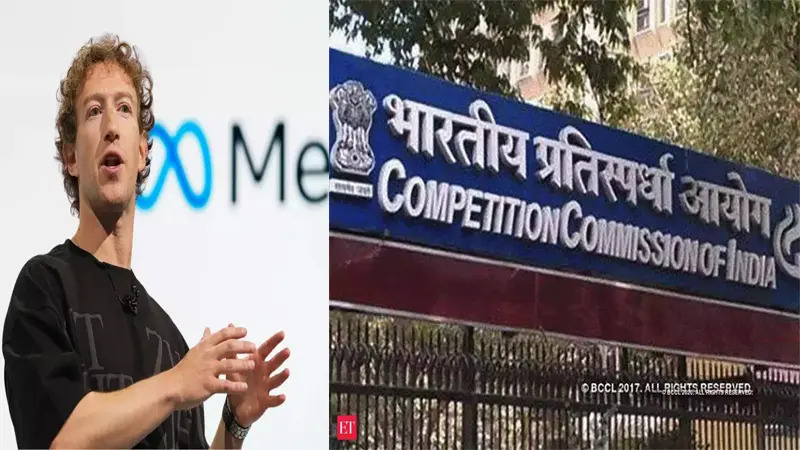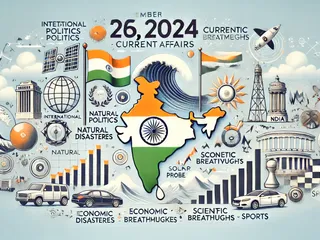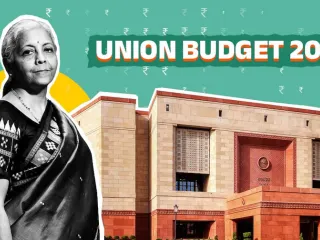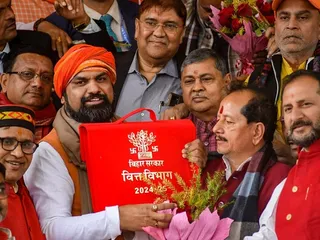The Competition Commission of India (CCI) recently imposed a fine of ₹213 crore on Meta (formerly Facebook) for its WhatsApp privacy policy practices. The CCI's decision stems from its findings that Meta’s updates to the WhatsApp privacy policy violated competition laws in India, specifically regarding its dominance in the messaging app market.

The primary concern of the CCI was that the policy changes imposed by WhatsApp forced users to accept new terms related to data-sharing between WhatsApp and other Meta platforms like Facebook and Instagram. The CCI argued that this was an unfair practice, especially considering WhatsApp's dominant position in the market, which could limit user choice and harm competition.
This fine is a part of the broader scrutiny of digital platforms in India, where authorities have increasingly focused on ensuring that tech giants adhere to competition regulations and data protection standards. Meta is expected to appeal this ruling.
The fine, ₹213 crore (about $26 million), is aimed at addressing the antitrust concerns and enforcing fair competition in the digital communication space.
The CCI concluded that the changes to the WhatsApp privacy policy amounted to anti-competitive behavior in violation of the Competition Act of 2002, particularly provisions against unfair business practices that could stifle competition in the market.
WhatsApp’s conduct was seen as abusive and unilateral because the company leveraged its dominant position to force users into accepting terms that could have broader implications for the market and data privacy.
As a result, the CCI imposed a fine of ₹213 crore on Meta. This fine is aimed at addressing the anti-competitive nature of WhatsApp’s policy changes, while also sending a broader message about the regulatory scrutiny of Big Tech companies in India.
Conclusion:
The ₹213 crore fine imposed on Meta for WhatsApp’s privacy policy update highlights the growing regulatory pressure on Big Tech companies in India. It emphasizes the need for companies to ensure fair competition, consumer protection, and data privacy practices in a rapidly evolving digital economy. As Meta plans to appeal the decision, this case will be a key development to watch in the broader discourse on digital regulation and antitrust enforcement in India.




 (26)jpeg-1722513138064.jpeg.webp)












